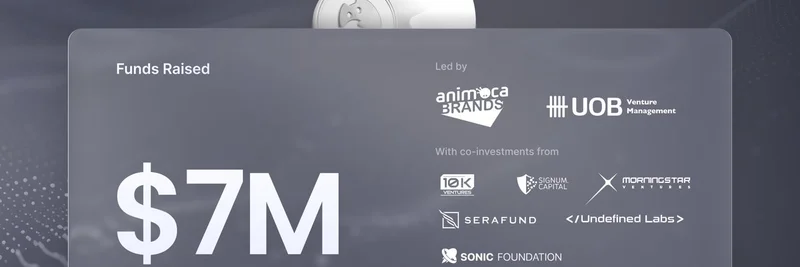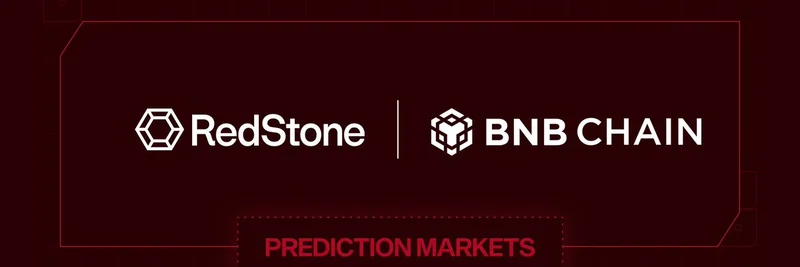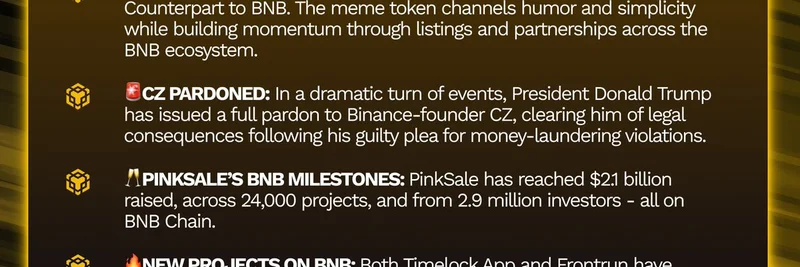In the fast-paced world of crypto and blockchain, where trends shift quicker than a meme token's pump, it's refreshing to zoom out and think about the bigger picture. Recently, investor Kyle from Defiance Capital sparked an intriguing discussion on X with a tweet that cuts to the heart of societal success. He pointed out how people often admire the systems in places like Japan and Korea but overlook the deep-rooted cultures that make them work. Let's break this down in a way that's easy to grasp, especially for those of us navigating the wild west of meme tokens and decentralized tech.
Why Culture Matters More Than Systems
Kyle's tweet (view it here) highlights a key truth: systems don't exist in a vacuum. In the West, we love talking about innovation, individualism, and disrupting the status quo—think Silicon Valley's garage startups turning into tech giants. But in the East, particularly Japan and Korea, there's a stronger emphasis on collective harmony, discipline, and long-term thinking. This isn't just philosophy; it's the bedrock that allows their societies to thrive.
Take Korea, for example. Companies like SK Hynix are dominating the AI memory chip space, with recent analyst reports predicting massive growth due to their focus on high-bandwidth memory (HBM) for AI applications. Kyle himself noted the stock's 50% surge in a month, tying into broader AI trends. But behind this is a culture of relentless work ethic and societal pressure to excel, often summed up in concepts like "han" (a mix of resilience and determination) in Korean culture. Similarly, Japan's "kaizen" philosophy of continuous improvement has powered everything from Toyota's efficiency to cutting-edge robotics.
In contrast, Western cultures prioritize personal freedom and quick wins, which can lead to explosive growth but also boom-bust cycles. Kyle's observation reminds us that without the right cultural foundation—respect for hierarchy, community over self, and a tolerance for high-stakes discipline—these Eastern models wouldn't hold up.
Lessons for Blockchain and Meme Tokens
Now, how does this apply to our world of blockchain and meme tokens? Meme tokens, by nature, are community-driven phenomena. In the West, we've seen explosive hits like Dogecoin, fueled by viral hype and individual influencers. But imagine applying Eastern cultural principles: a more disciplined, collective approach could lead to longer-lasting projects. Think of Korean crypto communities, where organized fanbases (inspired by K-pop fandoms) rally around tokens with unwavering loyalty, potentially stabilizing volatile markets.
For blockchain practitioners, this East-West comparison is a wake-up call. If you're building or investing in meme tokens, consider blending the best of both worlds. Western creativity for innovation, paired with Eastern discipline for sustainability. Kyle's tweet comes amid his broader discussions on AI stocks like AMD and NVDA, where Asian manufacturing prowess (hello, TSMC in*******) meets Western software dominance. In meme land, this could mean tokens that tie into real-world utility, like AI-powered memes or cross-cultural collaborations.
Replies to Kyle's tweet add flavor too. One user quipped in Chinese, "Don't look at the process, only look at the effect," emphasizing results over methods—a classic Eastern pragmatism. Another, a Korean user, chimed in with a casual "gm" (good morning), showing the global, round-the-clock nature of crypto convos. Even a reply praising Asian discipline after living there for months underscores the real-world appeal.
Bridging the Gap in a Global Crypto Scene
Ultimately, Kyle's insight encourages us to dig deeper. As meme token enthusiasts, we can learn from Japan and Korea's cultural strengths to build more resilient communities. Whether it's fostering group accountability in DAOs or emphasizing long-term holder rewards, these elements could elevate meme tokens from quick flips to cultural staples.
If you're diving into blockchain, keep an eye on how cultural dynamics shape tech adoption. East or West, the future of meme tokens might just lie in a harmonious blend. What do you think—does culture trump systems in crypto too? Drop your thoughts in the comments below.




